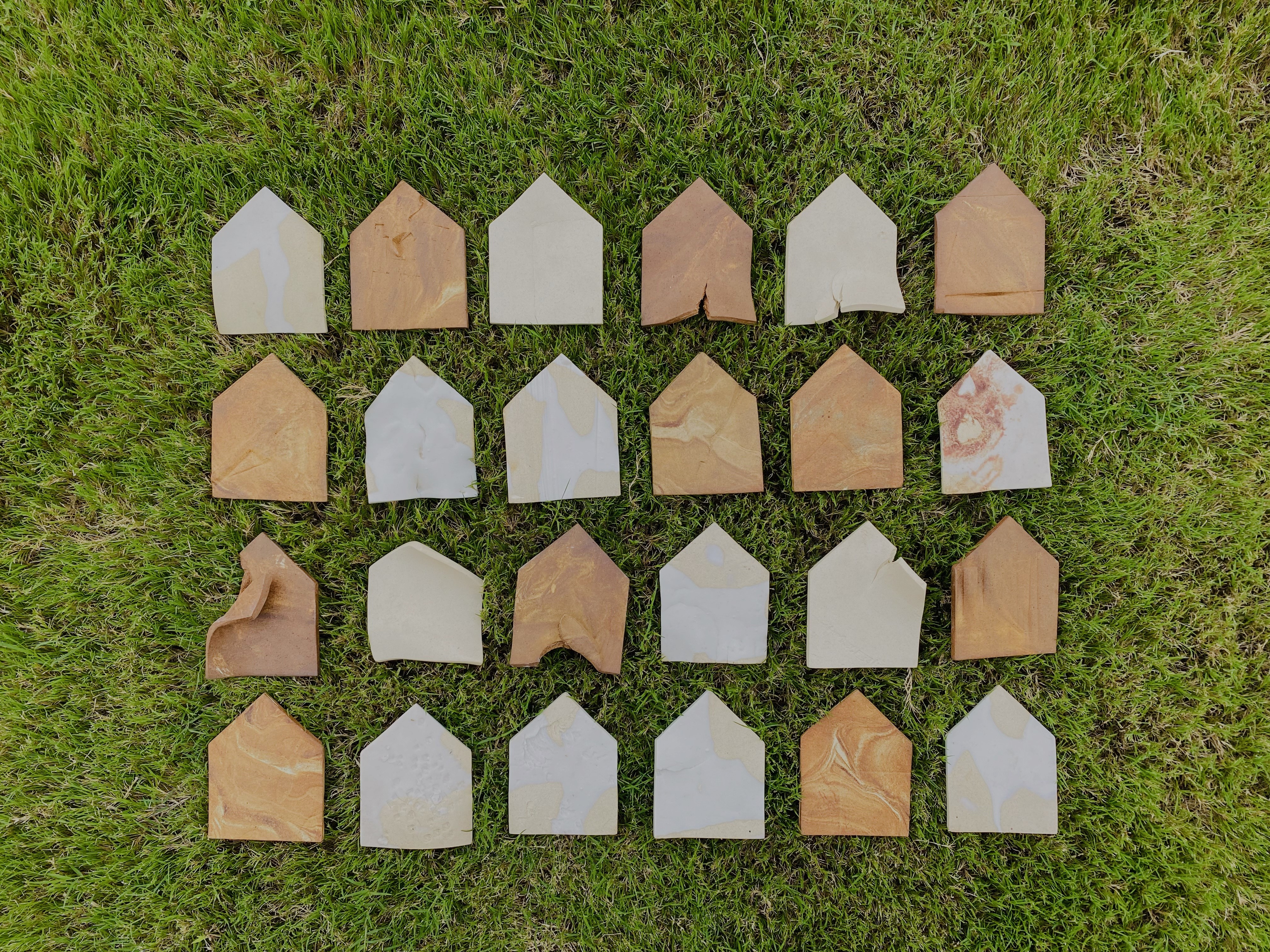3 Poems - Estuary of Mud, Petaling Street (茨厂街), 168 Noodles, Pudu
Main Article Content
Abstract
These three poems are written with Kuala Lumpur in mind and specifically directed to Malaysia’s cultural, racial, and linguistic conflicts. “Estuary of Mud” is titled with a translation of the name of the capital, and it tries to depict that historically KL is a “muddy” place of migration instead of a “pristine” monoethnic and monolingual site.
“Petaling Street (茨厂街)” follows the concept from the previous poem but further narrows the theme to the hustle and bustle in Chinatown, KL. The decision not to have any punctuation hopes to recreate the breathlessness one experiences when visiting Petaling Street. The reason to use overlapping phrases is to show that boundaries are blurred and ambiguous in this grungy migrant town, which has turned from “Chinatown” to “Banglatown”, and make a point that migration and land ownership are transient.
“168 Noodles, Pudu” attempts to illustrate the poet’s observation of the city and its past. It also connects a migrant worker to the May 13 racial riot through the issue of language proficiency, which is a marker of identity conflicts. Although the city has undergone rapid modernisation, undealt traumas remain tense under the surface, thus creating a strange vulnerable atmosphere among its residents.
Downloads
Article Details

This work is licensed under a Creative Commons Attribution 4.0 International License.
Copyrights of all materials published in SARE are retained by the authors. Authors may republish their work or grant others permission to republish it. We would be grateful if republication is accompanied by an acknowledgment that the work was originally published in SARE.
